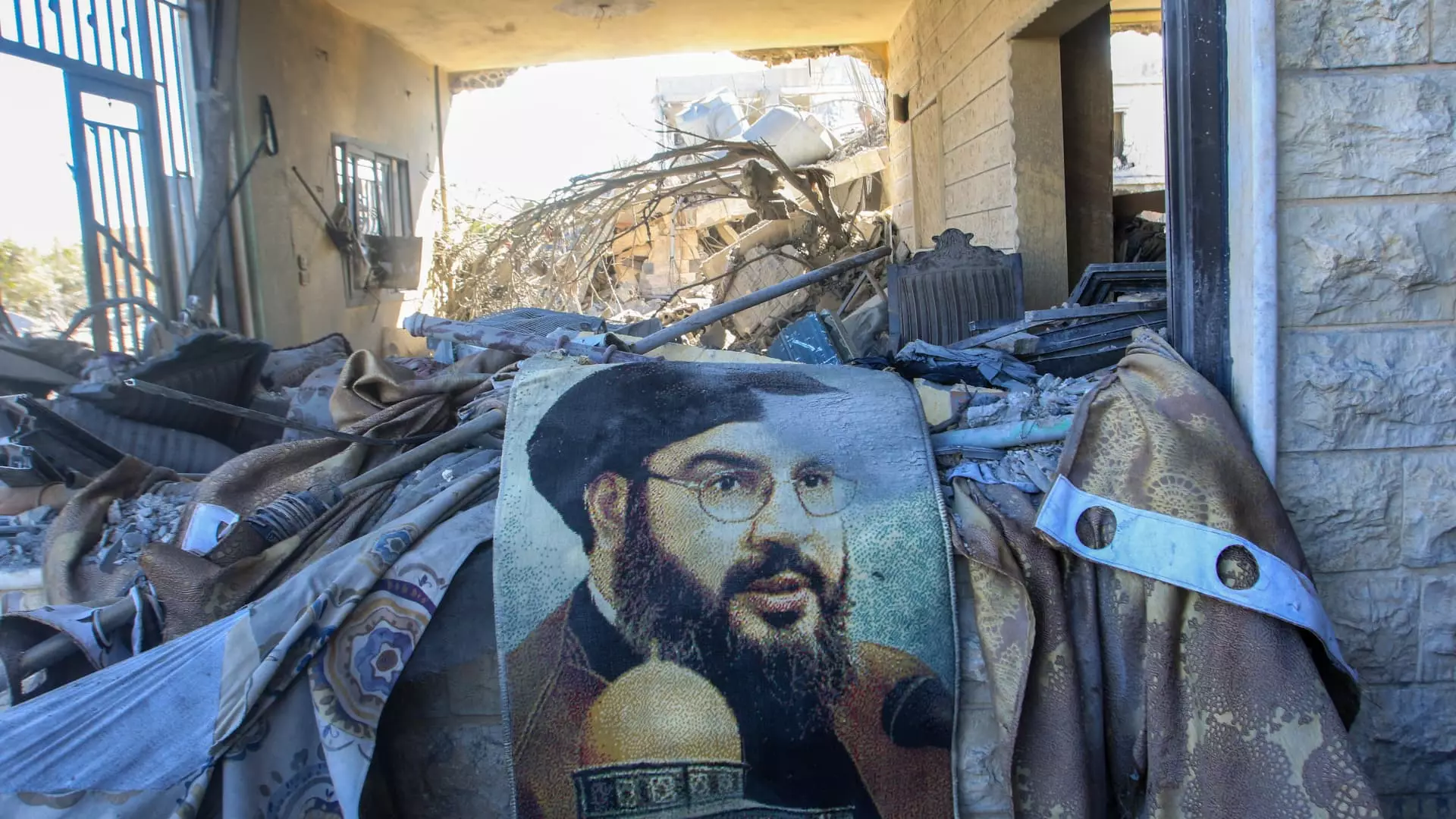The recent announcement by the Israeli Defense Forces (IDF) of the alleged killing of Hezbollah’s long-time leader, Hassan Nasrallah, marks a significant turning point in Middle Eastern geopolitics. This declaration, coming shortly after a large-scale Israeli military operation targeting Hezbollah in Lebanon, raises substantial questions not only about the group itself but also about the broader regional dynamics involving Iran, Israel, and Lebanon’s sectarian framework.
Nasrallah, who had been at the helm of Hezbollah since 1992, is often credited with transforming the group into a formidable paramilitary and political entity. His leadership facilitated Hezbollah’s ascent as a prominent player in regional affairs, often leaning heavily on Iranian support. The implications of his death, if confirmed, could reverberate across the Middle East, affecting not just Hezbollah’s operational capabilities but also the delicate balance of power among competing factions in Lebanon.
As a central figure in Hezbollah, Nasrallah’s approach to resistance against Israeli military presence and Western influences in the region drew both admiration and condemnation. Under his leadership, Hezbollah not only built a potent military wing but also established itself as a political force within Lebanon’s complex sectarian landscape. The notion that he symbolized the resistance against Israel has bolstered his image among many Shiite communities, further complicating the sectarian divisions within Lebanon.
The IDF characterized Nasrallah as the “central decision-maker” of Hezbollah, indicating that his strategic vision extended beyond military engagement into political maneuvering and alliances. Political analysts now ponder the vacuum his potential absence creates. Ronnie Chatah, a Lebanese political analyst, suggests this moment signifies a seismic shift within Hezbollah, which historically wielded power with unchallenged authority. The psychological ramifications of losing such a pivotal figure could destabilize the organization’s internal cohesion.
The immediate repercussions of Nasrallah’s reported death could lead to significant fragmentation within Hezbollah. Chatah predicts that while the group will likely endure, it will emerge in a markedly diminished capacity. It faces the prospect of internal conflict over succession—who will fill the void left by such a cornerstone of their identity and strategy? A shift in leadership invariably poses challenges in maintaining the group’s unity and direction, especially as ideologically driven factions vie for influence.
Moreover, Firas Maksad from the Middle East Institute highlights the profound impact on Lebanon’s delicate political scene. The power vacuum left by Nasrallah could exacerbate existing tensions, potentially increasing polarization among the various sectarian groups. If his death sparks infighting or intensifies factional disputes, Lebanon—already grappling with political instability and economic malaise—may face even greater unrest.
On a broader scale, the assassination of such a notable figure could embolden Israeli efforts against Iranian influence in Lebanon and the Levant more generally. Maksad posits that Nasrallah was emblematic of a resistance movement led by Iran. His removal may prompt a recalibration of strategies among Iranian proxies and allies throughout the region.
However, it is vital to note that while this represents a significant confrontation between Israel and Iran, the scenario is not necessarily one of finality. Instead, it could be the precursor to escalating confrontations, underscoring the inherently complex and often unstable nature of Middle Eastern politics.
In examining the potential fallout, it is important to acknowledge that Hezbollah has continually adapted to shifts in its operational environment. Should Nasrallah’s death be confirmed, analysts are keenly watching to see whether Hezbollah can effectively reorganize itself under new leadership. Alternatively, this moment might precipitate a surge of violence as factions either contend for control or retaliate against perceived threats, spiraling Lebanon into deeper turmoil.
The potential demise of Hassan Nasrallah stands as a historical juncture not only for Hezbollah but for Lebanon and the region at large. His leadership cultivated a unique blend of military and political strategy, establishing Hezbollah as a significant force on the global stage. As the dust settles from this shocking announcement, the world waits to see how this new reality will reshape Hezbollah, its role within Lebanon, and the pervasive struggle for power in the Middle East. The ramifications could be profound, influencing not just the actions of Lebanon’s political factions but also altering the intricate balance of power in the region for years to come.


Leave a Reply